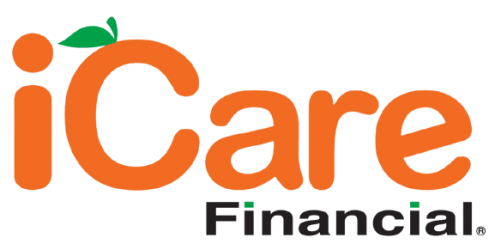Healthcare financing includes the method of raising money for proper health care but also the allocation of essential funds. National health expenditures are acquired from government and non-government sources to finance a wide range of programs. Every country needs medical financing for the global population or at least for the poor and elderly who cannot afford to pay their large hospital bills. Development assistance for health between 2019 and 2020 grew by nearly 44% due to additional funding to battle COVID-19.
Types of Healthcare Financing
Programs such as medical financing allow a medical bill to be split into payments made through the health care provider or a third-party lender. The types of healthcare financing are:
- In-House Payment Plans: This kind of medical care financing program allows the patients to pay their health care provider over time instead of one lump sum. This kind of practice makes the medical procedure simple for the middlemen but also involves a financial risk. It is best suitable for routine checkups, preventive care, etc.
- Buy Now Pay Later: This medical care financing program is a third-party payment plan that is more common in retail. BNPL is similar to a loan, which carries low-interest rates. It benefits the people who opt for a loan to pay larger medical bills, and patients can go for preventive care without any hindrance. The payment plans done through a BNPL program can range from short-term to long-term, and shorter payment plans accrue zero interest.
Benefits of Medical Financing Programs
Medical financing is a loan that users can apply online. They need to upload documents online, and the loan is disbursed within a few days. Medical financing programs offer several benefits to individuals. Some of them are:
- Convenient Healthcare: With the help of a medical financing program, individuals can easily access the essential medical treatment and the procedures involved that they might otherwise find difficult to afford.
- Easy Payment Plans: Different financing programs provide a wide range of payment options that make it easy for individuals to manage their expenses in the healthcare sector over time. It helps people to keep their savings for other essential needs or emergencies in the future.
- Quick Procedure: The financial procedures take a lot of time to disburse funds during a medical emergency. The medical financing programs get instant approval and a person can finish the approval procedure within a few hours.
Introduction To Patient Financing
A medical patient financing program gives patients the liberty to pay their bills at their convenience. These types of programs are an excellent help during times of emergencies as they allow patients to receive the funds quickly.
For any healthcare practice, patients remain their top priority. With the help of medical patient financing, patients feel more positive about a medical provider who does not constantly bother them regarding their bills. Patients gain trust in their medical professionals to meet their emergency requirements.
In a terrain where healthcare costs continue to rise, patient financing for medical offices has become the need of the hour. It is important to ensure patients can access the necessary treatment when seeking medical care without any financial burden.
As the advancements in the medical industry grow, the costs associated with the healthcare field are also rising. It involves specialized medications, high-quality treatment, etc. This may be a barrier for the individual who needs quick medical attention but cannot afford it due to a lack of hefty expenses. So, patient financing for medical offices so that individuals do not compromise on their health.
Importance of Medical Financing
Health insurance does not confine all the medical expenses that make the patients responsible for the deductibles, co-payments, etc. Hence, financing for medical offices is essential to bridge this gap and individuals can navigate from their financial constraints and focus on living a healthy and safe life.
In times of emergency, such as a global pandemic, financing for medical offices plays a crucial role in navigating the complex scenery of the healthcare industry. From maintaining facilities and fostering research to managing rising costs, financing is the spirit that sustains the delivery of high-quality healthcare services.
Conclusion
Effective healthcare programs prioritize quality care and medical accessibility. Efficient allocation of resources and sufficient funds contribute to a sustainable healthcare system. Regular evaluation is mandatory to check the evolving healthcare needs and ensure long-term success. These programs can attract more patients and improve the cash flow of healthcare practices. Customers can simply apply for the programs online and reduce their financial burden.
For quality healthcare services and flexible payment options, users can check iCare, which promises to cover the medical expenses of their patients and offers an easy financing solution. The process is very simple; users may take hardly a minute to sign up on their website and register. They have a no-credit-check and instant approval policy that gains the patients’ trust.



